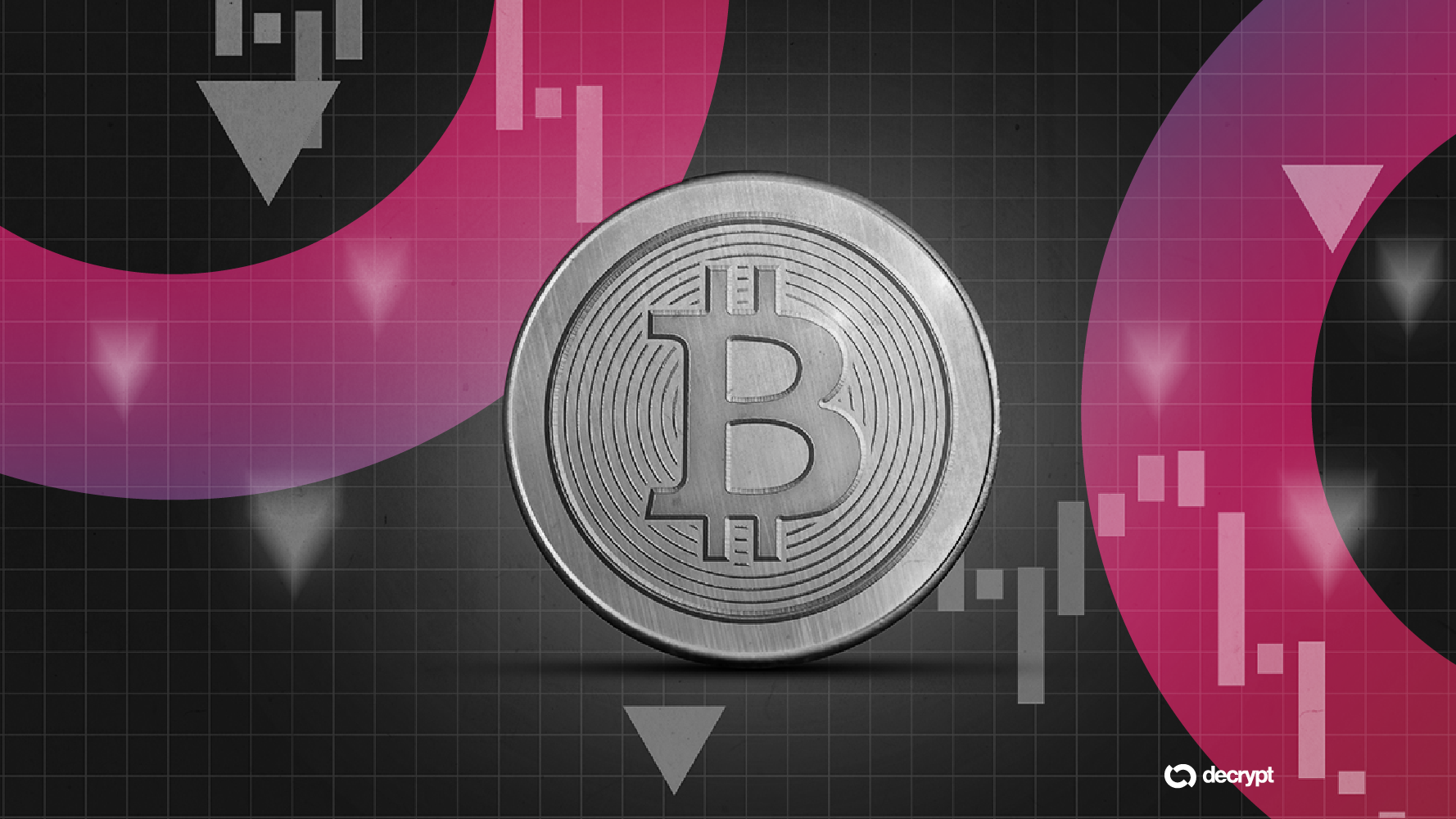Imagine moving $1.2 trillion through the digital economy with absolutely no privacy protection. That’s exactly what institutions have been doing with stablecoins, according to Aleo’s groundbreaking new report. The stablecoin privacy gap has reached alarming proportions, exposing massive financial flows to public scrutiny.
What is the Stablecoin Privacy Gap?
Aleo’s ‘Stablecoin Privacy Gap Report 2025’ reveals a stunning disconnect in institutional cryptocurrency behavior. While institutions transferred $1.22 trillion in stablecoins over two years, they completely avoided privacy protocols. This massive stablecoin privacy oversight means every transaction remained publicly visible on blockchain explorers.
The report highlights how traditional financial institutions have carried their transparency requirements into the crypto space. However, this approach creates significant security and competitive disadvantages. Meanwhile, only $624 million in stablecoins entered privacy protocols during the same period, with zero institutional participation.
Why Are Institutions Avoiding Stablecoin Privacy?
Several factors explain this surprising stablecoin privacy avoidance. Regulatory uncertainty remains the primary concern. Many institutions fear that using privacy tools might trigger compliance issues or regulatory scrutiny.
- Regulatory concerns about using privacy-enhancing technologies
- Lack of institutional-grade privacy solutions until recently
- Compliance requirements that prioritize transparency
- Limited understanding of available stablecoin privacy options
Moreover, dedicated stablecoin privacy rails for institutions only began emerging this year. The infrastructure simply wasn’t available for large-scale institutional use until now.
Emerging Solutions for Stablecoin Privacy
The landscape is rapidly changing with new stablecoin privacy solutions entering the market. PayPal’s PYUSD now offers confidential transfer features, while Paxos launched USAD, a privacy-focused stablecoin. These developments signal a major shift in institutional stablecoin privacy approaches.
Aleo predicts that institutional funds will begin migrating to these new stablecoin privacy rails in the coming months. The report suggests that once the first major institutions adopt these solutions, others will quickly follow to maintain competitive parity.
What Does This Mean for Crypto Adoption?
The stablecoin privacy gap represents both a challenge and opportunity for broader cryptocurrency adoption. Institutions need privacy for legitimate business reasons, including protecting trade strategies and client information. Without proper stablecoin privacy solutions, mainstream adoption faces significant hurdles.
However, the emergence of compliant stablecoin privacy tools could accelerate institutional participation. When institutions can balance transparency requirements with necessary privacy protections, we’ll likely see increased stablecoin adoption across traditional finance.
The Future of Stablecoin Privacy
Aleo’s report concludes that we’re standing at the brink of a major transformation in stablecoin privacy practices. The coming year will likely see billions, potentially trillions, migrating to privacy-enhanced stablecoin solutions.
This shift will fundamentally change how institutions interact with digital assets. The stablecoin privacy revolution isn’t just coming—it’s already begun, with major financial players preparing to adopt these new technologies.
Frequently Asked Questions
What is stablecoin privacy?
Stablecoin privacy refers to technologies that conceal transaction details while maintaining regulatory compliance, allowing institutions to protect sensitive financial information.
Why do institutions need stablecoin privacy?
Institutions require stablecoin privacy to protect trade strategies, client information, and competitive advantages while meeting compliance obligations.
Are privacy features compliant with regulations?
New stablecoin privacy solutions like PYUSD confidential transfers are designed specifically to meet regulatory requirements while providing necessary privacy protections.
When will institutions adopt privacy features?
Aleo predicts large-scale migration to stablecoin privacy rails will begin within the coming months as more institutional-grade solutions become available.
What are the risks of not using privacy features?
Without stablecoin privacy, institutions expose transaction patterns, amounts, and counterparties to competitors and potential bad actors.
Which stablecoins offer privacy features?
Currently, PayPal’s PYUSD and Paxos’s USAD lead in institutional stablecoin privacy features, with more solutions expected soon.
Found this analysis of the stablecoin privacy gap insightful? Share this article with your network on social media to spread awareness about this crucial development in institutional cryptocurrency adoption.
To learn more about the latest cryptocurrency trends, explore our article on key developments shaping institutional adoption and regulatory frameworks.
Disclaimer: The information provided is not trading advice, Bitcoinworld.co.in holds no liability for any investments made based on the information provided on this page. We strongly recommend independent research and/or consultation with a qualified professional before making any investment decisions.
Source: https://bitcoinworld.co.in/stablecoin-privacy-gap-report/


